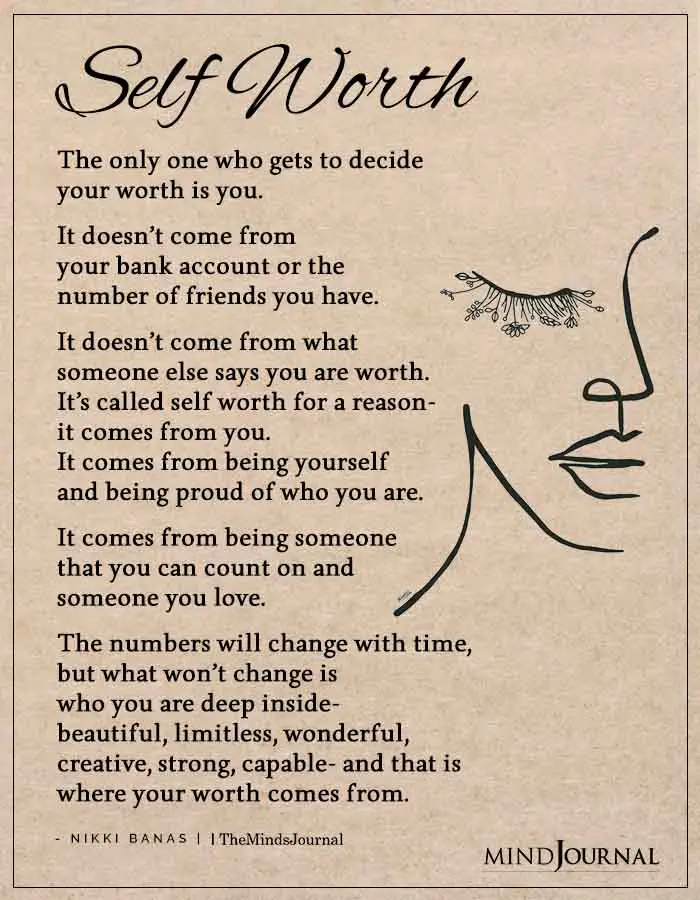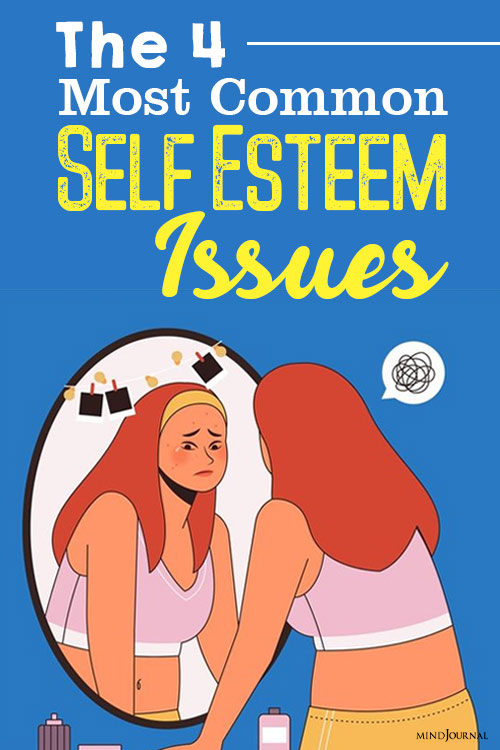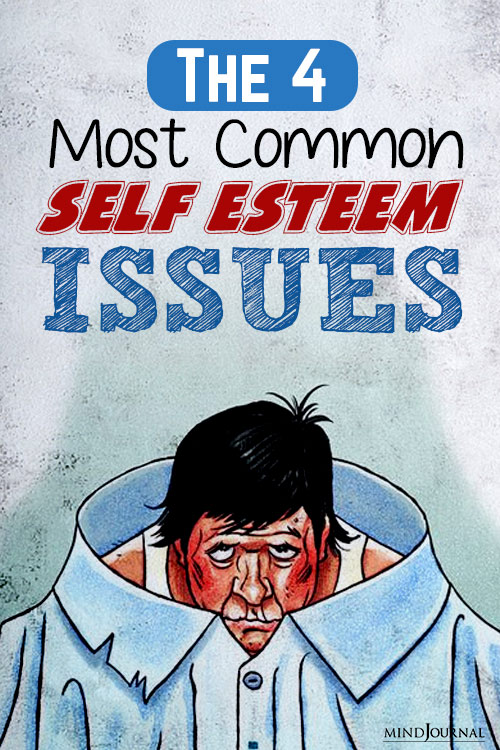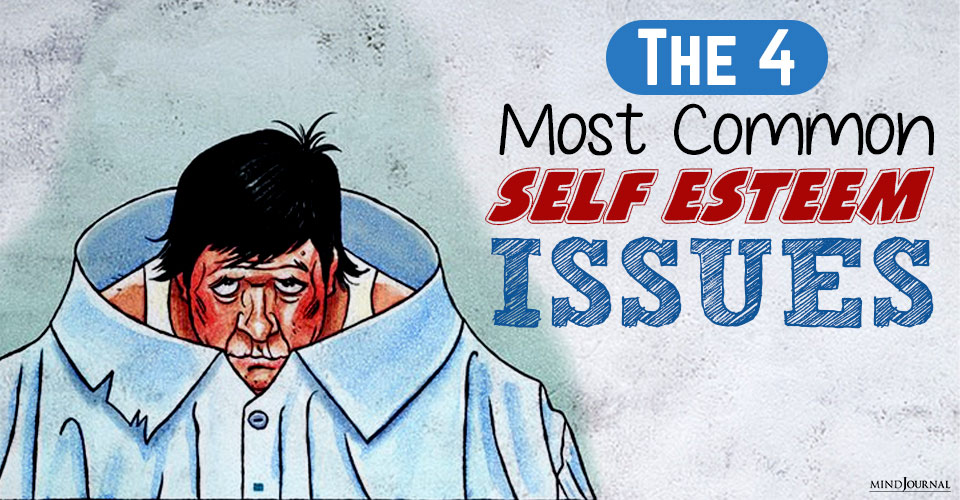“Love yourself first and everything else falls into line. You really have to love yourself to get anything done in this world.” — Lucille Ball
Self esteem is an integral part of a person’s psyche and personality, and without it one can easily feel like they are ‘not good enough’. How you value and perceive yourself decides your self esteem in the long run; having a strong sense of self-worth is crucial to living a happy and confident life.
Your self-esteem is that thing that causes you to feel good or bad about yourself and your life. If you constantly tell yourself that you’re not good enough, not pretty enough, not talented enough, etc, then your self esteem will keep on plummeting. This is the reason why practicing self-love and self-care is so important! But what exactly causes self-esteem issues?
Quite a few reasons, in fact. Sometimes how we are treated by others, how we deal with life’s problems, and the things that are said to us can have a huge impact on our self esteem, self worth, and confidence. It heavily influences how we see ourselves, and our capabilities.
Read on to know the 4 main self-esteem issues that can cause a dent in your confidence.
Related: 10 Signs Of Self-Hatred And How To Overcome It
4 Kinds Of Self-Esteem Issues That Can Break One’s Confidence
1. Feeling Unsure About Yourself, And Doubting Everything You Think And Do.
Not being arrogant and complacent is an admirable trait to have, but if you keep on questioning and doubting yourself constantly, then it’s bound to impact your confidence and psyche at some point. Insecurity will start eating you up from the inside, and you will feel uncertain about every little step you take in life. The more you mistrust yourself, the more your insecurity will keep on tormenting you.
It’s okay to doubt yourself sometimes, but all the time? Never in a million years! You need to believe in yourself and your abilities, and most importantly, trust yourself to make the right calls. Sure, you will make mistakes and who doesn’t? You are human at the end of the day, and your mistakes don’t define your life. Have faith in yourself and your beliefs and never let anybody tell you how you should feel about yourself.
Have the courage to mess up and make it right again. Be your authentic self, and don’t even for one second think that you’re not smart enough to take charge of your life. Have conviction in your actions and thoughts, and you’ll see how amazing it truly feels to believe in yourself!

2. Dwelling In Constant Negative Thoughts.
It is okay to feel negative about yourself sometimes, but if you choose to drown yourself in them, then it’s just going to get worse. When you let your unresolved feelings dictate how you should feel about yourself, it’s not going to end well for your confidence and self worth. Constant negative feelings is a major hint of self esteem issues, and which might manifest in the following ways:
- Anxiety
- Self-destructive actions and thoughts
- Pessimism
- Lack of confidence and faith in oneself
- Self-hatred
- Self-blame
- Self-shame
- Perfectionistic tendencies
- Hypersensitivity
- Unable to enjoy life
- Drastic mood swings
- Overreacting to every little thing
- Feeling indecisive
- Self-guilt
- Depression
The image you create about yourself will stay with you for a long time, and if you don’t treat yourself kindly, nobody else can make you feel better about yourself. It starts with you and it ends with you. For instance, if you hold onto anger, it will destroy all your happiness. If you keep on harboring shame within yourself, it will kill your confidence like never before. And if you hold on to negativity, you will never be happy, and nor will you feel hopeful. Ever.
Stop for a moment and notice what you’re telling yourself and what you’re feeding to your heart and soul. Treat yourself with kindness and empathy, and give yourself the respect you deserve, instead of beating yourself up over and over again.
Related: 10 Steps For Practicing Self Love
3. Suffering From A Negative Self-Image.
It takes a strong person to acknowledge their strengths and weaknesses at the same time and having the ability to know your imperfections is not something that a lot of people can do. But there is a huge difference between knowing your imperfections, and thinking that there’s nothing good about you. The latter thing ends up creating a negative self-image, which can be very hard to let go of.
If you only focus on your flaws, then you will naturally think that you can never do anything right. A negative self-image doesn’t happen overnight, it happens only when you keep on thinking that there’s absolutely nothing positive about you. Seeing the world and yourself in a negative light will cause you to feel negative, but the good news is that you can change this narrative.
Shower some positivity on yourself. Believe that you’re not just a sum of your flaws, but your strengths too. And most importantly, always remember that it’s okay to have flaws and imperfections because that’s what makes you human. Love yourself for the unique being you are, now and forever!

4. Having A Hard Time Accepting Yourself The Way You Are.
Self-acceptance is key to having a strong sense of self esteem, and without it, you can never hope to be happy with yourself. Unless you accept yourself fully, how can you expect to be happy with yourself? When you don’t appreciate yourself for the person you are along with your feelings, you are rejecting your true self.
When you fail to accept yourself wholly, your self esteem takes a deep dive and refuses to come up again. If you refuse to accept yourself, your personal growth will fail to happen, and you will stay stuck in the self-pity zone where you’ve gotten so comfortable.
Growth and transformation are possible only when you accept yourself fully, and without any pessimism. You are not perfect? So what?! It’s okay to be imperfect. It’s okay to have flaws. And it’s okay to have bad days sometimes. Just be kind to yourself, and you’ll see that with time, all your self-esteem issues are leaving your life forever.
Related: 21 Things That Change When You Start Respecting Yourself
Your self esteem is the backbone of your personality, confidence, and happiness, and without it, you’ll always feel incomplete and missing from yourself. Love yourself, value yourself, and accept yourself, so that you understand how it truly feels to be happy and comfortable in your skin.
Signing off with the words of Louise L. Hay, “Remember, you have been criticizing yourself for years, and it hasn’t worked. Try approving of yourself and see what happens.”










Leave a Reply
You must be logged in to post a comment.